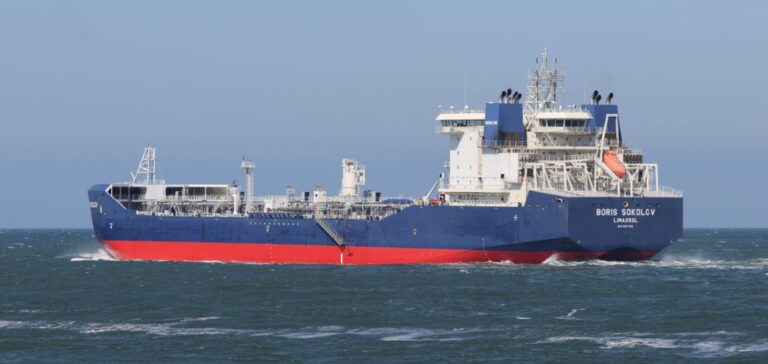From 1 July, Sweden will implement new maritime regulations to more strictly monitor foreign vessels passing through its waters, particularly those associated with Russia’s so-called “shadow fleet”. The decision comes amid growing concerns over the safety of maritime infrastructure in the Baltic Sea following a series of incidents involving uninsured vessels with unclear ownership.
Expanded surveillance across all Swedish maritime zones
According to a statement issued by the Swedish government, the Swedish Coast Guard and the Swedish Maritime Administration will be tasked with collecting detailed insurance data from all ships entering ports, transiting territorial waters, or sailing through Sweden’s exclusive economic zone. The measure applies to all foreign-flagged ships but is specifically aimed at tankers suspected of engaging in sanctions evasion activities.
Prime Minister Ulf Kristersson stated that the regulation is part of a deterrence and strategic intelligence strategy. “This also provides Sweden and our allies with important information on vessels that could be listed under sanctions,” he said in the same statement.
Response to rising geopolitical risks
Since late 2024, Finnish and Swedish authorities have increased their monitoring of incidents in the Baltic Sea affecting subsea cables and energy infrastructure. These events are regularly linked to ships operating under opaque conditions, often without proper insurance and suspected of acting on behalf of Russia.
On 20 May, the European Union adopted its 17th package of sanctions against Russia, targeting nearly 200 ships identified as part of the shadow fleet. The Swedish government noted that the new rules aim not only to impose sanctions but also to enhance maritime security and anticipate potential threats to energy or communications networks.
Mounting pressure on Russian oil routes
Since the beginning of the invasion of Ukraine, Russia has ramped up seaborne oil exports using a fleet whose owners or insurers are not clearly identified. This has allowed Moscow to bypass international restrictions and keep its oil trade afloat despite sanctions.
The Swedish requirements add to ongoing efforts by NATO and European Union member states to reduce Russia’s maritime logistical capacity. “We are seeing a growing number of concerning incidents in the Baltic Sea, which requires that (…) we prepare for the worst,” Mr Kristersson added.






















